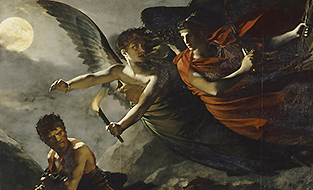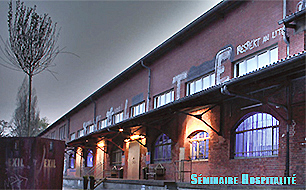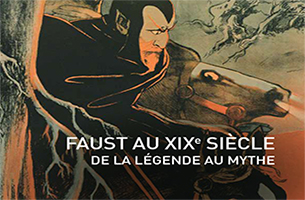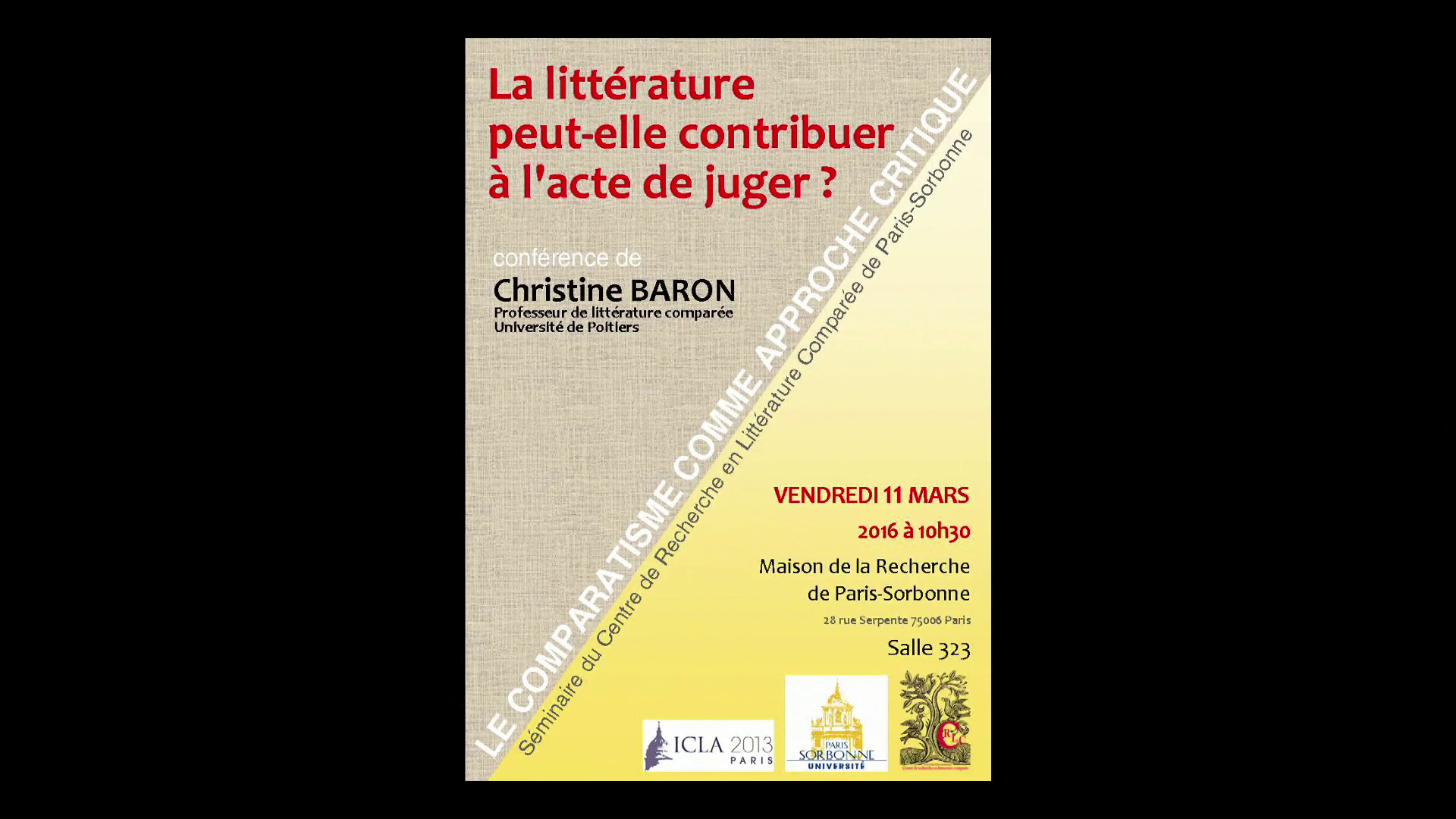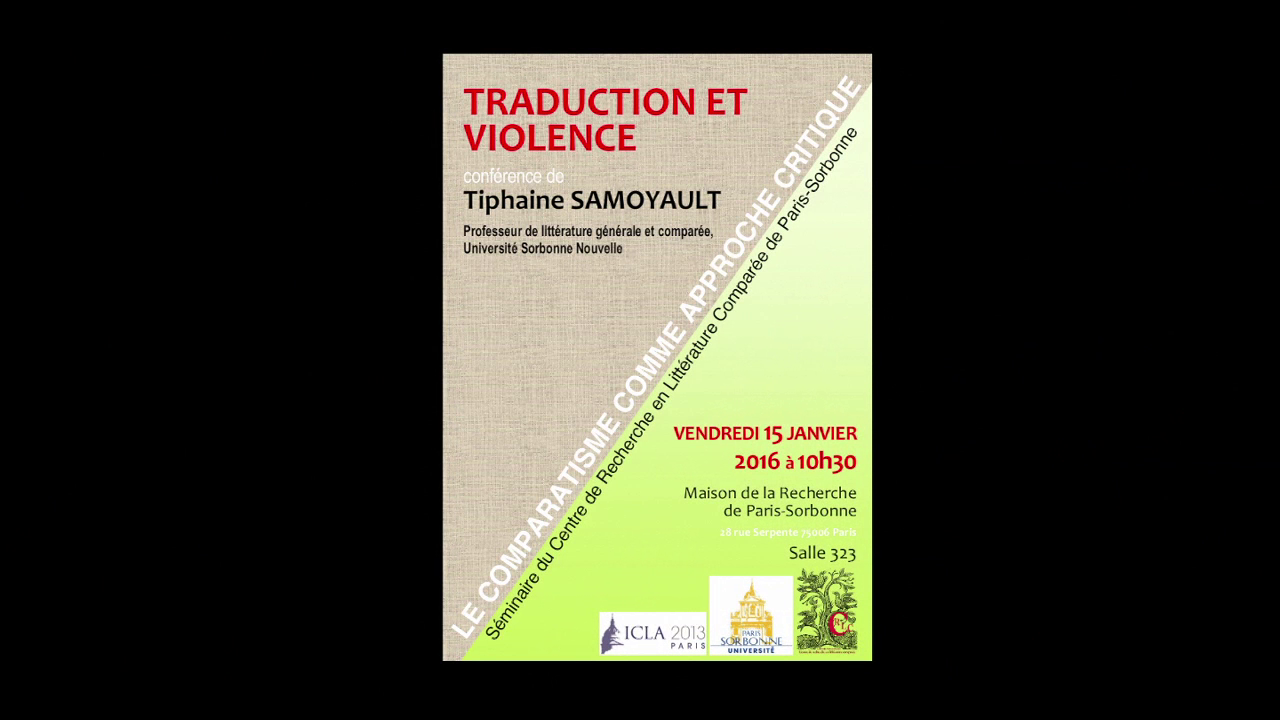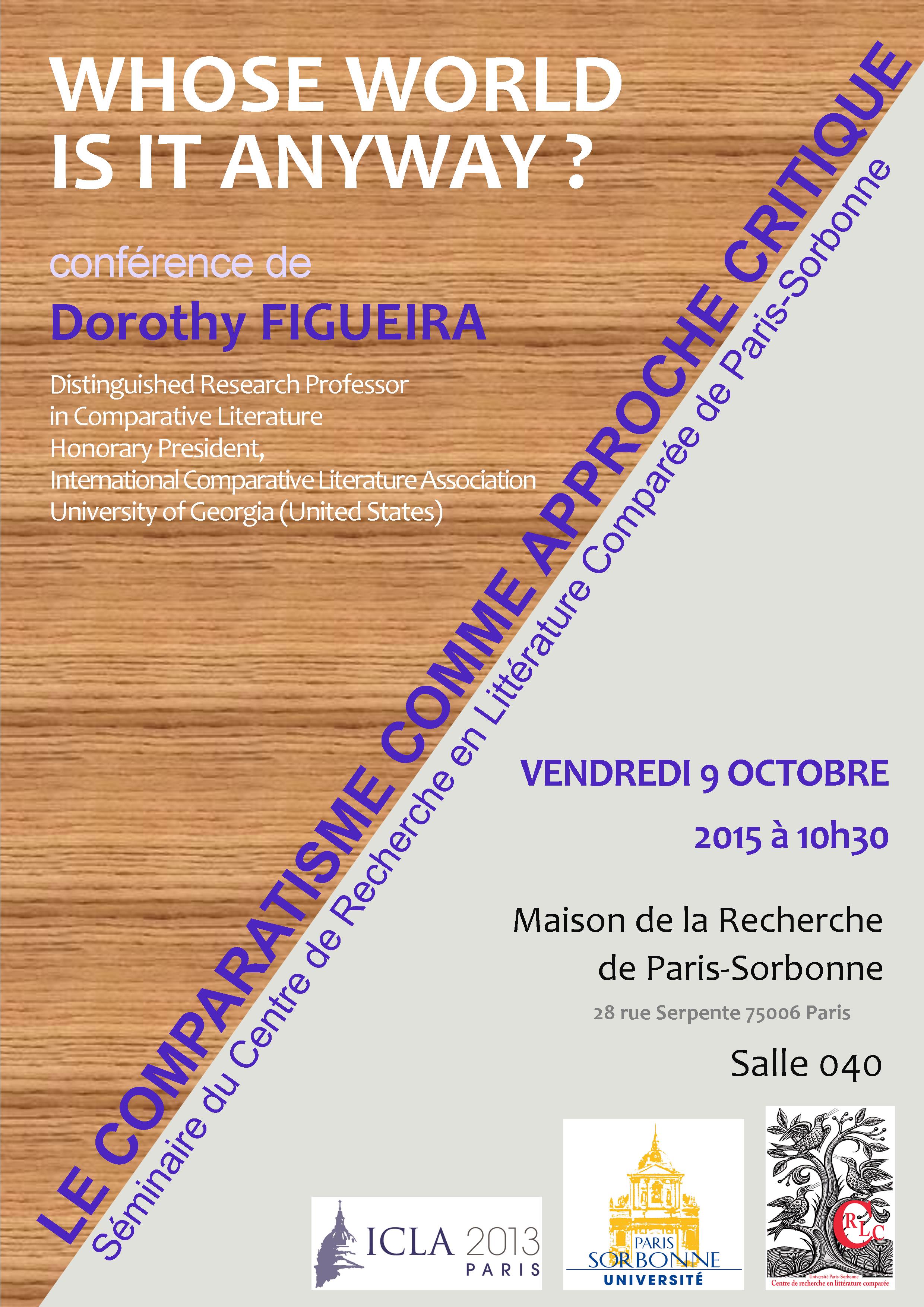Chapitres
Notice
Common Experiences, Common Desires? Tracing an Intellectual History between China and Africa
- document 1 document 2 document 3
- niveau 1 niveau 2 niveau 3
Descriptif
Common Experiences, Common Desires ?
Tracing an Intellectual History between China and Africa
By Frieda Ekotto & Emily Goedde (University of Michigan Ann-Arbor)
With the participation of Myriam Dao (Visual Artist, Paris)
Moderator : Peter Stockinger (Inalco-ESCoM-AAR/FMSH)
Coordination : Frieda Ekotto (Pr. University of Michigan Ann-Arbor) & Alexandra Galitzine-Loumpet (ANR EsCA/ FMSH)
Conférence de l’ANR EsCA
In his 1954 presentation to dignitaries from across Asia and Africa, Chinese Premier Zhou Enlai acknowledged the differences between the two cultural spheres; nevertheless, Zhou stressed, a more important factor in all future relations should be the “common experiences and desires” of people from across the two continents to create a new world from the ashes of war and colonialism.
Building on Zhou’s insight into commonalities of experience, this presentation will trace the cultural intersections that have existed between China and African since the 1920s. We will begin by exploring the rich commonalities in the intellectual work by Léopold Senghor and Lu Xun, both of whom were foundational thinkers in their countries’ engagements with colonialism and modernity.
Second we will examine the cultural activities that began in the post-World War II period and developed into the 1960s, focusing particularly on the Chinese revolutionary poet, Tian Jian, who wrote a collection of poetry about his travels in Africa.
Finally we will discuss the work of contemporary artist Myriam Dao, exploring how she brings to light her own perspectives on this common intellectual history .
More information ? Visit the official website of ANR EsCA : Espaces de la culture chinoise en Afrique / Chinese cultural spaces in Africa.
Intervention
Thème
Dans la même collection
-
Des "russes d'en bas" aux mobilisations sociales et contemporaines en Russie
WieviorkaMichelClémentKarineLe HuérouAnneOlejnikAnton NikolaevičAprès les mobilisations massives des années "Perestroïka", qu'avaient déjà étudiées Michel WIEVIORKA et son équipe, la société russe sembait avoir plongé dans l'apathie. A partir de 2005, cependant,
-
Hommage à Françoise Héritier
PerrotMichelleWieviorkaMichelTerrayEmmanuelGrappe-NahoumVéroniqueAgacinskiSylvianeBacharanNicoleDozonJean-PierreLazarPhilippeLa FMSH a pris l’initiative d’honorer Françoise HERITIER par une rencontre amicale dans les locaux du « France ». Il s’est agi de rendre hommage à la grande anthropologue, directrice d’étude à l’EHESS
-
Une éthique de la finance pour aujourd'hui : penser le tournant performatif ?
WieviorkaMichelCaraçaJoãoWalterChristianConférence co-organisée par le Collège d'études mondiales et la Fondation Calouste Gulbenkian. Conférence donnée par Christian Walter, titulaire de la chaire Ethique et finance du Collège d
-
How to Escape the Traps of the Smart City : Technology, Democracy and Urbanism
BouinOlivierCaraçaJoãoMorozovEvgenyThis talk will address some of the challenges and threats that emerge as public spaces "smart," integrating sensors, cameras, and various means of algorithmic regulation. Technology companies, having
Avec les mêmes intervenants et intervenantes
-
Arts contemporains : imaginaires de la Chine en Afrique et de l'Afrique en Chine
Loumpet-GalitzineAlexandraDíaz CastilloRobertoSimbaoRuth KerkhamAdogonyBaudoin EulogeDaoMyriamLinks between China and Africa today tend to be thought of, primarily, in economic and/or political terms. The arts, or culture more broadly, are given relatively little attention, for they are
-
Géopolitique du patrimoine ; Perspectives croisées Chine-Afrique
BodolecCarolineLoumpet-GalitzineAlexandraCousinSaskiaTrémonAnne-ChristineSaatenangDominiqueIncreasing State and local community interest in Intangible Cultural Heritage (ICH) highlights, as with other UNESCO programmes, the stakes that now crystallize different acceptations of the notion of
-
Ouverture scientifique du colloque EsCA
Loumpet-GalitzineAlexandraArrifTeddyBourdariasFrançoiseDittgenRomainDozonJean-PierreEspaces de la culture chinoise en Afrique : diffusion, agencements, interactions Etudes du Soft power chinois en Afrique et des espaces socio-culturels ouverts par des communautés chinoises et
-
Dispositifs de représentation de l'exil
DarrieussecqMariePinçonnatCrystelLoumpet-GalitzineAlexandraGrüntzLucileHainardJacquesMarquetteIsabelleMontanariElenaZanounLouisaL’initiative Non-lieux de l’exil (Fondation maison des sciences de l’homme) organise en collaboration avec l’Université d’Aix-Marseille (CIELAM, axe Transpositions) le colloque international :
-
Etudier l'exil - Deuxième partie
Loumpet-GalitzineAlexandraHovanessianMartineVettoratoCyrilL’initiative Non-lieux de l’exil (Fondation maison des sciences de l’homme) organise en collaboration avec l’Université d’Aix-Marseille (CIELAM, axe Transpositions) le colloque international :
-
Le sujet exilique
PinçonnatCrystelGiraldi Dei CasNorahDouvilleOlivierEkottoFriedaGiovannoniAugustinKunthAnoucheProto PisaniAnnaNimrodNoussAlexisL’initiative Non-lieux de l’exil (Fondation maison des sciences de l’homme) organise en collaboration avec l’Université d’Aix-Marseille (CIELAM, axe Transpositions) le colloque international :
-
Etudier l'exil - Première partie
Loumpet-GalitzineAlexandraSchulzKristinaLeeErikaGreenNancy L.YoungRobert James CraigNoussAlexisL’initiative Non-lieux de l’exil (Fondation maison des sciences de l’homme) organise en collaboration avec l’Université d’Aix-Marseille (CIELAM, axe Transpositions) le colloque international :
-
Table ronde "Face aux acteurs": Permanence de l’exil - question ancienne, question nouvelle
Loumpet-GalitzineAlexandraAliouaMehdiBeschonJeremyLelardouxMarieVaroujanChristian ArtinGonzalés-VangellBéatriceNoussAlexisL’initiative Non-lieux de l’exil (Fondation maison des sciences de l’homme) organise en collaboration avec l’Université d’Aix-Marseille (CIELAM, axe Transpositions) le colloque international :
-
La position documentaire face à l'exil
Loumpet-GalitzineAlexandraBazinPhilippeBoriesClaudineChagnardPatriceVollaireChristianeNoussAlexisLa position documentaire face à l’exil. Rencontre proposée par Christiane Vollaire.
-
L'exil dans les cinémas d'Afrique et de ses diasporas - Partie 2
Loumpet-GalitzineAlexandraBekoloJean-PierreMalaquaisDominiqueOboloPascaleOdoutanJeanRicciDanielaL’initiative Non-lieux de l’exil (FMSH) organise, en partenariat avec le département Afrique de l’INALCO et avec le séminaire “Cinéastes d’Afrique et d’ailleurs. Influence du cinéma soviétique”
-
L'exil dans les cinémas d'Afrique et de ses diasporas - Partie 1
Leclerc-OliveMichèleLoumpet-GalitzineAlexandraMalaquaisDominiqueTenoJean-MarieThackwayMelissaGomisAlainNoussAlexisL’initiative Non-lieux de l’exil (FMSH) organise, en partenariat avec le département Afrique de l’INALCO et avec le séminaire “Cinéastes d’Afrique et d’ailleurs. Influence du cinéma soviétique”
-
Après-midi - Partie 3 - Catégoriser les acteurs des espaces d'interaction sino-africains
Loumpet-GalitzineAlexandraAuréganXavierBatchelorKathrynFlorenceEricGilbertCatherineIntermédiaires, médiateurs, traducteurs ? Catégoriser les acteurs des espaces d’interaction sino-africains
Sur le même thème
-
Duos wagnériens : du monologue amoureux à la fusion tristanesque
Fantin EpsteinBernadetteQue ce soit par sa propre vertu ou le prosélytisme de ses premiers adeptes, l’opéra Tristan et Isolde de Wagner s’est imposé comme un jalon dans le long cours historique de l'opéra au XIXe siècle, un
-
La circulation des textes grecs ou les chemins du savoir
HoffmannPhilippePour un printemps des savoirs en Méditerranée C ycle de conférences organisé par la Maison méditerranéenne des sciences de l'homme, 31 mars 2009, Aix-en-Provence Rencontre avec : La Méditerranée ou
-
Boudou, Blanchot ? / Jean-Pierre Chambon [texte lu par Jean-François Courouau]
CourouauJean-FrançoisChambonJean-PierreBoudou, Blanchot ? / Jean-Pierre Chambon [texte lu par Jean-François Courouau]
-
De Rivas à Verdi : la question du salut / Georges Zaragoza
ZaragozaGeorgesDans cette communication, Georges Zaragoza replace dans le courant littéraire de son époque le drame romantique Don Álvaro o la fuerza del sino (1835) d'Ángel de Saavedra [Duc de Rivas] qui
-
Le camp de Wallenstein imaginé par Schiller et revisité par Verdi (Acte 3) / Françoise Knopper
KnopperFrançoiseLe camp de Wallenstein est la première partie de la trilogie que Schiller a consacrée à Wallenstein, personnage énigmatique et stratège de génie, qui fut nommé généralissime des armées autrichiennes
-
De la littérature en temps de crise... migratoire / Alexis Nuselovici
NoussAlexisLa place et le rôle de l’hospitalité dans la vie sociale n’a jamais été aussi sensible qu’en cette époque où les vagues successives de réfugiés politiques et de migrants économiques (dont la
-
-
L'Histoire naturelle et le roman initiatique
LecointreGuillaumePluyettePatriceLa résidence d’écrivain met en contact l’Histoire naturelle en tant que science vivante et le roman initiatique en tant que genre littéraire, autant nourri par les expéditions passées que par le
-
De Nerval à Gounod, en passant par Berlioz : d’une « légende dramatique » au mythe... / François-C…
GaudardFrançois-CharlesL’extraordinaire développement de la légende de Faust au XIXe siècle a touché toutes les formes artistiques et littéraires. Mais plus encore, l’histoire de Faust constitue un cas d’appropriation
-
La littérature peut-elle contribuer à l'acte de juger ?
Conférence de Christine BARON Professeur de littérature comparée Université de Poitiers
-
Traduction et violence
Conférence de Tiphaine SAMOYAUT, Professeur de littérature générale et comparée, Université Sorbonne Nouvelle
-




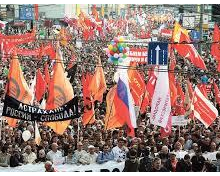
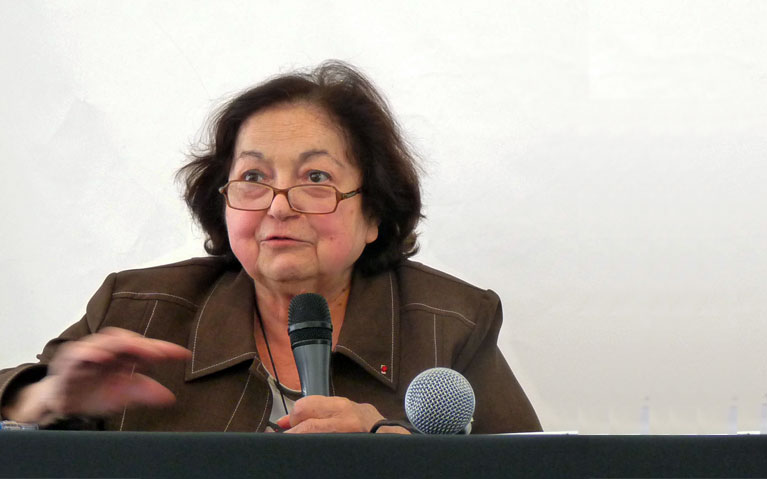
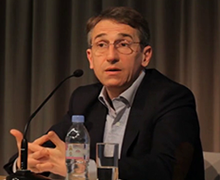
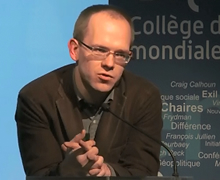
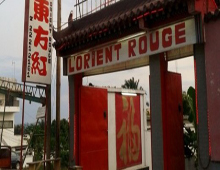


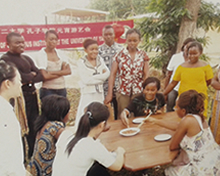

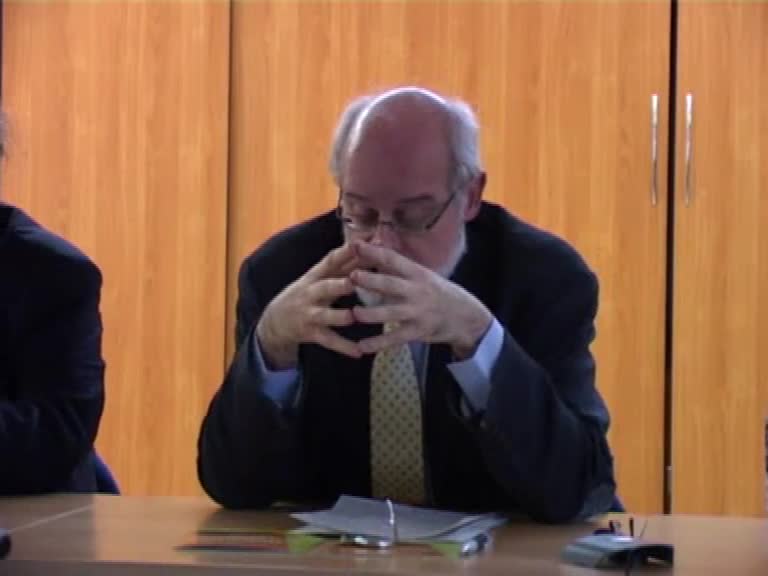
![Boudou, Blanchot ? / Jean-Pierre Chambon [texte lu par Jean-François Courouau]](https://vod.canal-u.tv/videos/media/images/utm/boudou.blanchot.jean.pierre.chambon.texte.lu.par.jean.francois.courouau._64377/vignette.relire.jean.boudou.2.jpg)
